Hazardous Waste
- Home
- Hazardous Waste
Hazardous Waste
Featured Hazardous Waste Listings
Browse Hazardous Waste Companies
Hazardous Waste Ireland
Ireland’s picturesque landscapes and vibrant cities hide a growing concern: the management of hazardous waste. From industrial chemicals to household batteries, these potentially dangerous materials pose a significant threat to both human health and the environment. In Ireland, common types of hazardous waste include asbestos, solvents, and electronic waste, each carrying its own set of risks. The Environmental Protection Agency (EPA) of Ireland, guided by national legislation such as the Waste Management Act, plays a crucial role in regulating these materials. However, the environmental impact of improper disposal can be devastating, with toxic substances seeping into soil and waterways, endangering wildlife and contaminating drinking water sources.
To combat this growing challenge, Ireland has implemented rigorous disposal methods and launched innovative initiatives. Specialised treatment facilities now process hazardous waste, using advanced technologies to neutralise or safely contain dangerous components. Recent public awareness campaigns have shed light on the importance of proper disposal, encouraging citizens to participate in local collection events for items like old paint and expired medications. Despite these efforts, emerging waste streams such as lithium-ion batteries from electric vehicles present new hurdles. As Ireland strives to balance industrial progress with environmental stewardship, the need for public engagement has never been more critical.
Latest Hazardous Waste Listings
News and Articles
Hazardous Waste Ireland
Ireland’s picturesque landscapes and vibrant cities hide a growing concern: the management of hazardous waste. From industrial chemicals to household batteries, these potentially dangerous materials pose a significant threat to both human health and the environment. In Ireland, common types of hazardous waste include asbestos, solvents, and electronic waste, each carrying its own set of risks. The Environmental Protection Agency (EPA) of Ireland, guided by national legislation such as the Waste Management Act, plays a crucial role in regulating these materials. However, the environmental impact of improper disposal can be devastating, with toxic substances seeping into soil and waterways, endangering wildlife and contaminating drinking water sources.
To combat this growing challenge, Ireland has implemented rigorous disposal methods and launched innovative initiatives. Specialised treatment facilities now process hazardous waste, using advanced technologies to neutralise or safely contain dangerous components. Recent public awareness campaigns have shed light on the importance of proper disposal, encouraging citizens to participate in local collection events for items like old paint and expired medications. Despite these efforts, emerging waste streams such as lithium-ion batteries from electric vehicles present new hurdles. As Ireland strives to balance industrial progress with environmental stewardship, the need for public engagement has never been more critical.
